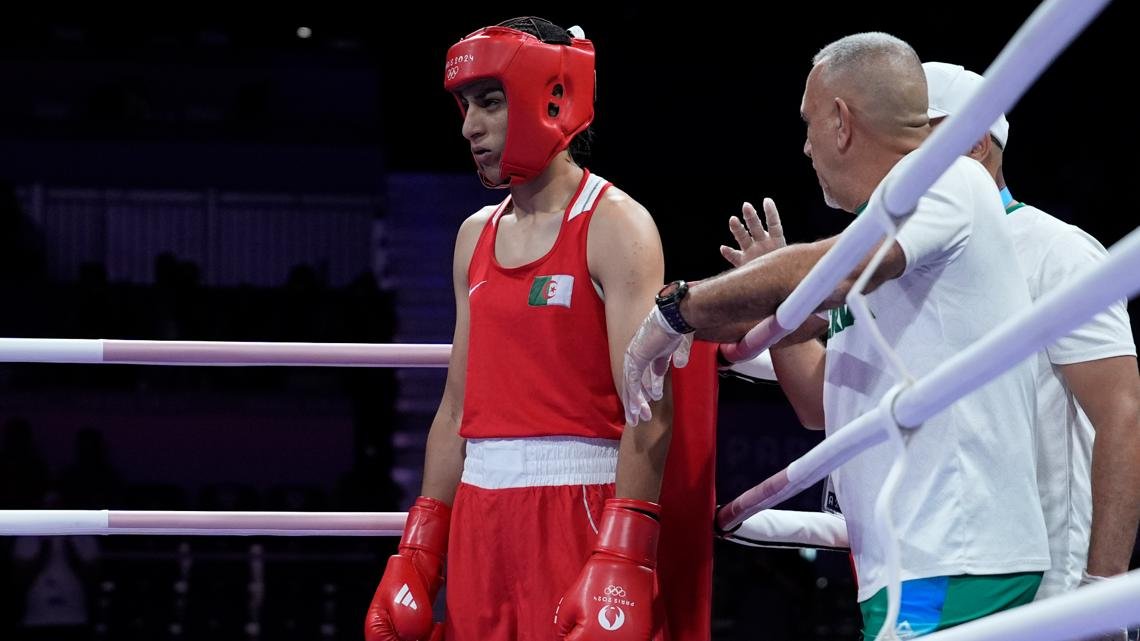General News
Outrage Against Female Boxer Sparks Fears of Growing LGBTQ+ and Women’s Sports Backlash

PARIS, France — A storm of hateful comments misidentifying female boxers participating in the Paris Olympics has elicited serious concerns within the LGBTQ+ community and among female athletes. Sparking the controversy, notable figures including former U.S. President Donald Trump and “Harry Potter” author J.K. Rowling have falsely accused Algerian boxer Imane Khelif of being a man after her Italian competitor, Angela Carini, withdrew from their bout.
Mark Adams, spokesperson for the International Olympic Committee (IOC), clarified on Friday that Khelif is indeed female, having been born, registered, and continuously identified as such. He urged for calm and criticized the controversial comments as dangerous.
The fallout has drawn Taiwanese boxer Lin Yu-Ting into the controversy, which lays bare the larger societal conflicts about gender identity in sports. This spotlight on the issue comes even as the Paris Olympics champion a message of inclusiveness with a record 193 openly LGBTQ+ athletes participating. However, the sentiment of openness didn’t shield it from backlash; a drag queen performance during the opening ceremony was met with intense opposition from certain conservative groups, who felt it mocked religious iconography.
Nikki Hiltz, a renowned middle-distance runner for the U.S. Olympic team who identifies as nonbinary, has personally faced hateful remarks. Hiltz argued that the anti-trans rhetoric inherently targets and vilifies individuals who do not conform to traditional gender norms.
Tensions further escalated after the International Boxing Association (IBA) disqualified both Khelif and Lin from women’s competitions, citing obscure and non-transparent eligibility tests. The IOC denounced this decision as arbitrary and abrupt, taken by a governing body that has been banned from the Olympics since 2019.
Boxing currently operates under older rules from the 2016 Olympics concerning athlete eligibility based on passport identification due to an ongoing rift between the IBA and IOC. Adams underscored the arbitrary nature of the IBA’s decision, pointing out that it solely fueled unfounded aggression against these athletes.
Cyd Zeigler, co-founder of Outsports, criticized the IOC’s failure to establish clear guidelines well before the Games, stating that this lack of clarity has harmed both female and LGBTQ+ athletes. He fears that the backlash may deter future LGBTQ+ participation in the Olympics.
Former Belgian judo athlete Charline Van Snick stressed that such scrutiny over athletes’ bodies undermines years of progress made by women in sports. Van Snick emphasized that female athletes often battle against stigmas based on physical appearance rather than athletic competence.
Ilona Maher, a celebrated member of the U.S. women’s rugby team, emotionally expressed her frustration over gender-based slurs leveled against her. In her view, diverse physiological conditions should not be grounds for questioning one’s gender identity or eligibility.


















